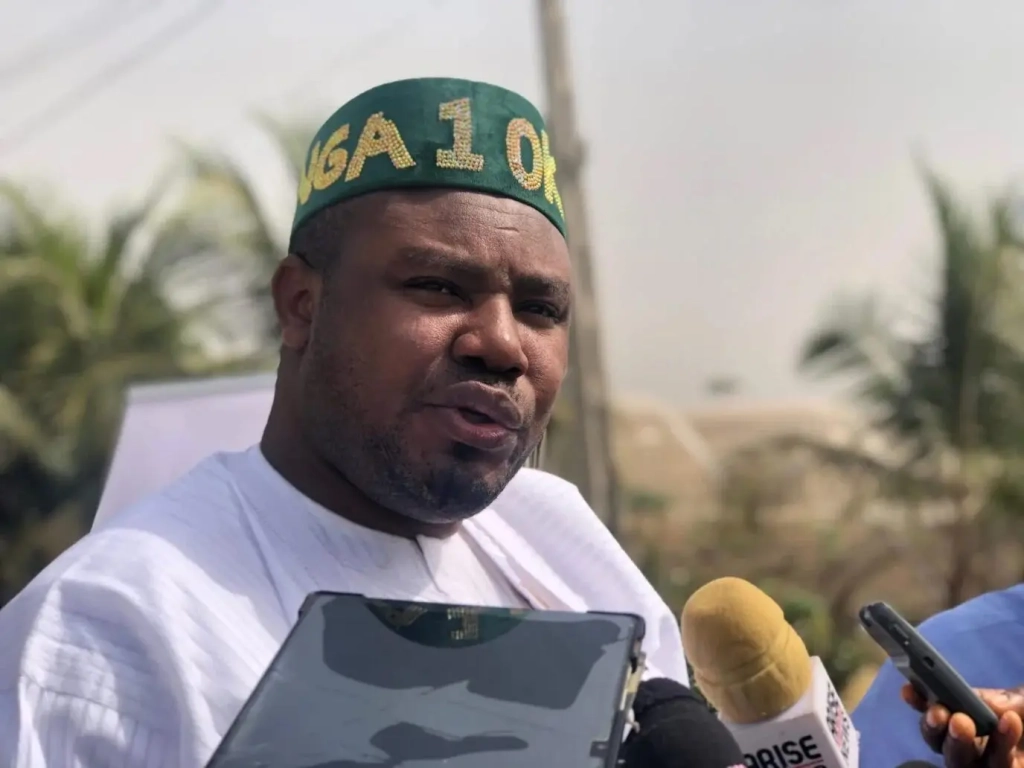A Nigerian lawmaker has raised alarms over governance practices at the country’s Universal Basic Education Commission (UBEC), accusing its leadership of undermining institutional processes and stifling transparency. Philip Agbese, a member of the House of Representatives, warned that recent unilateral decisions by UBEC’s Executive Secretary, Dr. Aisha Garba, risk derailing efforts to address Nigeria’s crisis of 10.5 million out-of-school children.
Speaking during a legislative retreat on amendments to the Universal Basic Education Act in Lagos, Agbese outlined multiple alleged breaches of statutory procedures. He cited the unauthorized rollout of a new organizational structure at UBEC, implemented without formal approval from its governing board as required by law. “This isn’t mere bureaucracy—it’s a legal breach,” said Agbese, deputy spokesperson of the House, stressing that such changes must be suspended pending legislative oversight.
Central to the lawmaker’s concerns are claims that qualified UBEC staff are being sidelined in favor of external appointees from unrelated government agencies. “Bringing outsiders into leadership roles while ignoring institutional expertise violates the UBE Act and demoralizes employees,” Agbese argued, referencing statutory provisions intended to protect internal governance frameworks. He further alleged a troubling pattern of marginalizing deputy executives, whose roles have been reduced to “ceremonial” duties despite legal mandates for shared decision-making.
Operational bottlenecks under the current leadership have delayed critical projects, Agbese added, with contractors awaiting payments for completed work since February. “Approvals are stalled because every decision rests solely with the Executive Secretary,” he noted, emphasizing how delays risk damaging public trust in lawmakers who advocated for these initiatives.
Appointed by President Bola Tinubu in December 2024, Garba had pledged to prioritize Nigeria’s education emergency. However, Agbese contended that her leadership style—described as “creeping autocracy”—threatens progress. While affirming support for reform, he stressed that transparency and collaboration are non-negotiable. “No initiative can succeed in an environment of opacity and sidelining,” he stated.
Agbese urged Nigeria’s federal government to commission an independent audit of UBEC’s leadership practices, halt external staff deployments, and ensure the governing board reviews recent structural changes. He also revealed plans for lawmakers to summon Garba for questioning, asserting that public institutions “must not drift into impunity.”
The allegations spotlight tensions between rapid reform agendas and adherence to institutional safeguards in Nigeria’s education sector, where systemic challenges demand both urgency and accountability. With UBEC’s mandate pivotal to tackling one of the world’s largest out-of-school populations, the outcome of these disputes could shape the trajectory of education access for millions of children.
